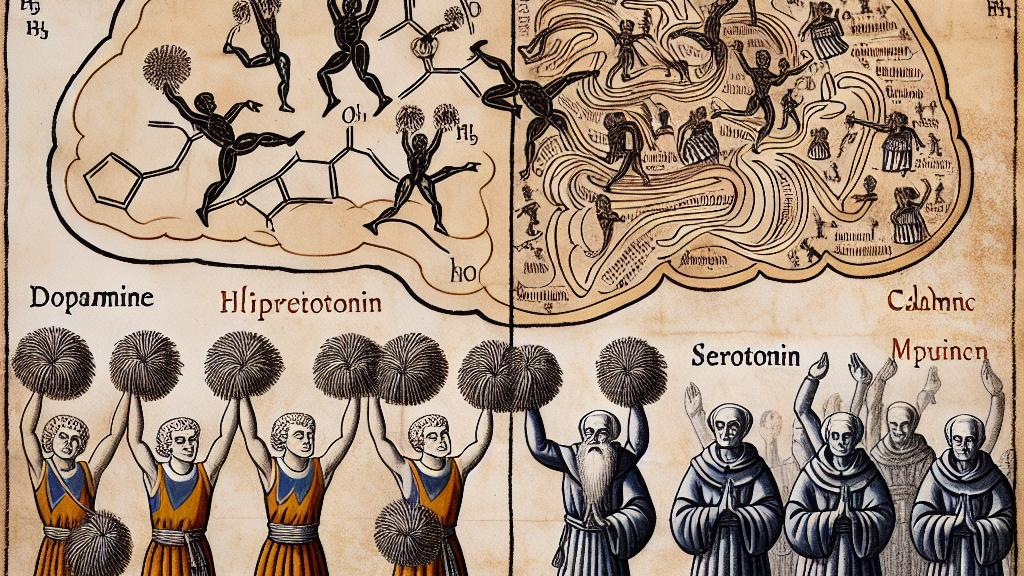Understanding Opponent Control of Reinforcement in the Brain
Overview
- Dopamine and serotonin are crucial neurotransmitters that intricately regulate associative learning within the brain.
- Recent studies uncover their opposing roles, reflecting a complex interplay in shaping our responses to rewards.
- Innovative animal models offer profound insights into their interactions and lasting impacts on cognitive functions and behavior.

Exploring the Dynamic Roles of Dopamine and Serotonin
To truly appreciate the mechanisms of reinforcement learning, we must delve into the elaborate functions of dopamine and serotonin. These neurotransmitters, spotlighted in a landmark study published in *Nature*, engage in a riveting competition that directly influences behavior and learning outcomes. Picture this: when rewards are introduced, dopamine surges, firing up the brain's reward circuitry with exhilaration, encouraging specific behaviors—much like a cheerleader hyping the team during a crucial game. In contrast, serotonin diminishes in activity, casting a shadow of caution over impulsive actions. This intricate dance between excitatory dopamine and inhibitory serotonin creates a balance that is vital for optimal learning. It is a striking example of how our biological systems are not merely tools but collaborators in our quest for knowledge and success.
Shocking Discoveries in Neuroscience
At the core of these findings lies the nucleus accumbens, a fascinating hub where dopamine and serotonin converge to dictate our learning processes. Through the dazzling use of optogenetics—technology that enables scientists to control neuron activity with light—researchers observed real-time behavior modifications in their study. The results were astounding! When dopamine or serotonin was selectively inhibited, mice could navigate to rewards effectively; however, when both neurotransmitters were dampened, their learning capabilities suffered significantly, akin to a team losing its captain and star player simultaneously. This highlights that reinforcement depends not solely on dopamine's exhilarating highs but must also consider serotonin's pivotal shoring up of stability. The concept, referred to as 'opponent control,' illustrates the remarkable complexity and interplay of these signals, shedding new light on how we process rewards in our everyday lives.
Significance for Future Research and Applications
The implications from these stunning discoveries stretch far beyond theoretical neuroscience; they hint at transformative possibilities for addressing mental health issues like depression and addiction. By gaining a deeper understanding of how dopamine and serotonin interact, medical researchers can craft targeted interventions that not only alleviate symptoms but also restore this delicate biochemical balance. Imagine a world where treatment is personalized; where therapies are adjusted not just to combat the obvious but to recalibrate the fine-tuned molecular orchestra at play in our brains. Each new study unfurls layers of complexity, suggesting pathways for potential therapies that could profoundly enhance our quality of life. Ultimately, this research signifies more than progress in the scientific realm; it represents a beacon of hope, guiding us toward effective strategies for empowering those caught in the throes of mental health struggles.

Loading...